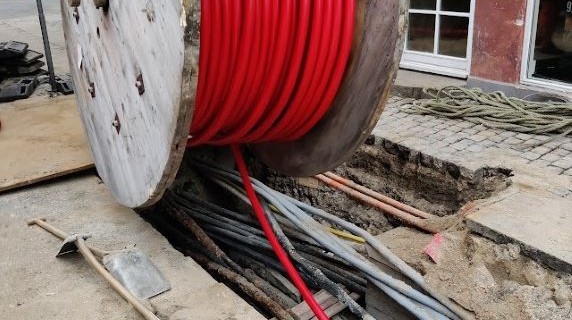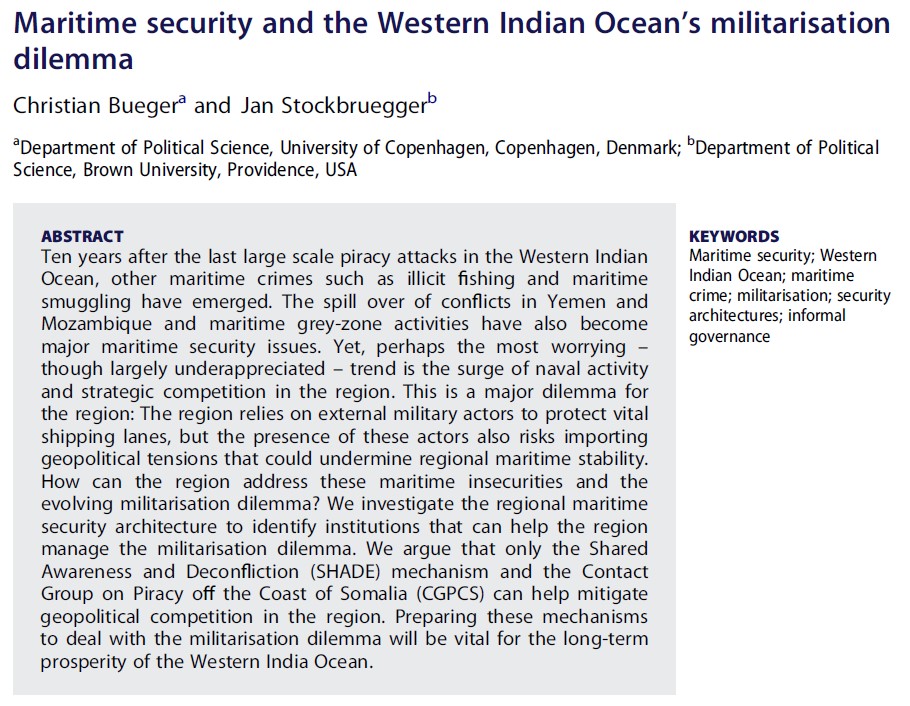Together with Jan Stockbruegger I have written an op-ed on green shipping and the need to incorporate accident prevention and resilience into the green agenda. It was originally published by Maritime Executive on 10.12.
“The shipping industry is the backbone of global trade and supply chains, with 90 percent of all goods transported by the sea. The Suez Canal closure or logistical challenges due to the COVID-19 crisis have demonstrated our dependency on maritime supply chains.
Yet the shipping industry is also a major polluter. It contributes up to three percent to global CO2 and greenhouse gasses. Reducing these emissions is vital to reach the climate targets of the 2015 Paris agreement. Yet shipping was not included in the Paris Agreement. The basic problem: Since shipping implies the transfer of goods from one country to another, to which one should the emissions be attributed?
Drawing on the efforts at the main regulatory body for global shipping, the International Maritime Organization, at a new milestone in shipping’s green energy transition was achieved at the COP26 climate conference in Glasgow.
Continue reading →

